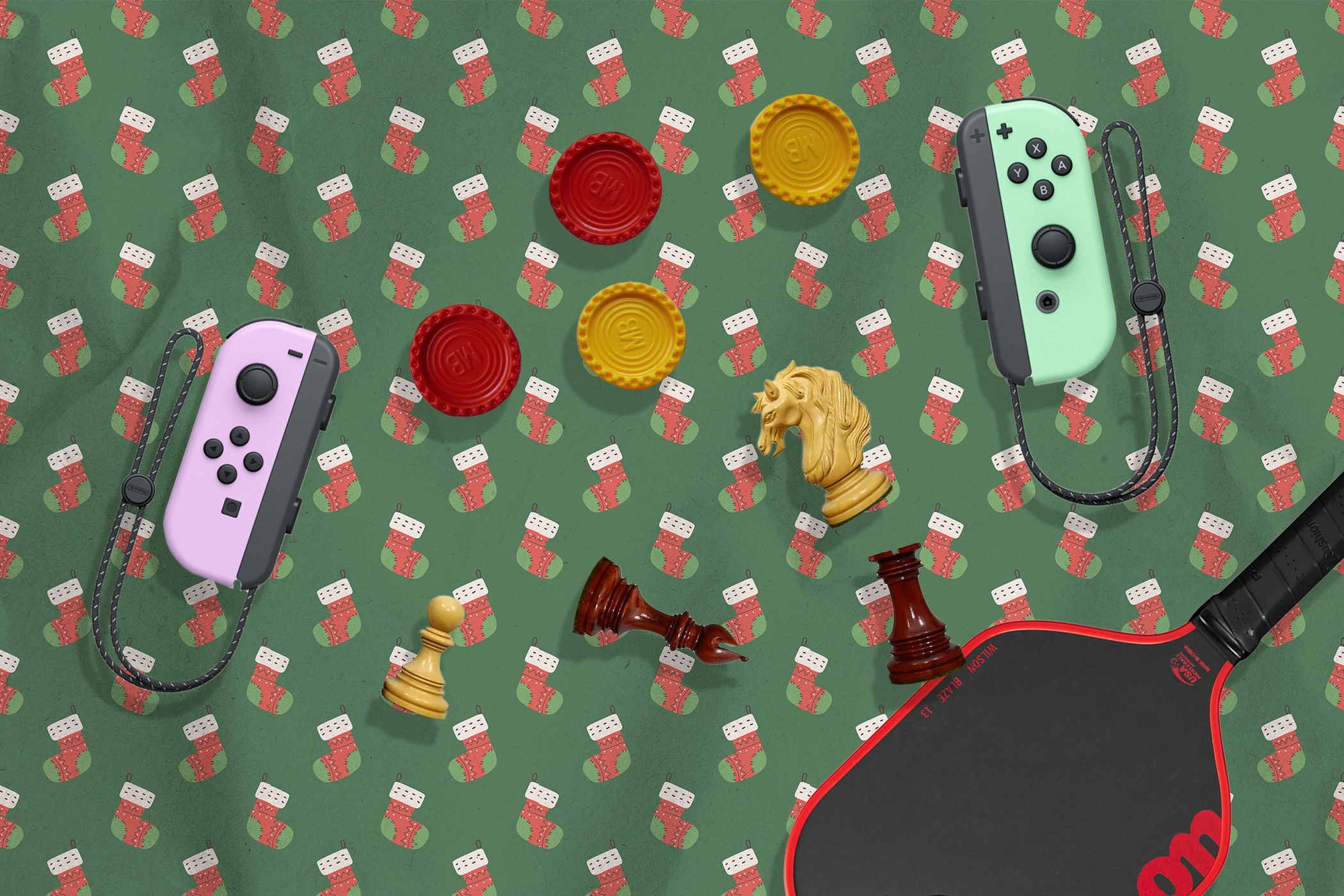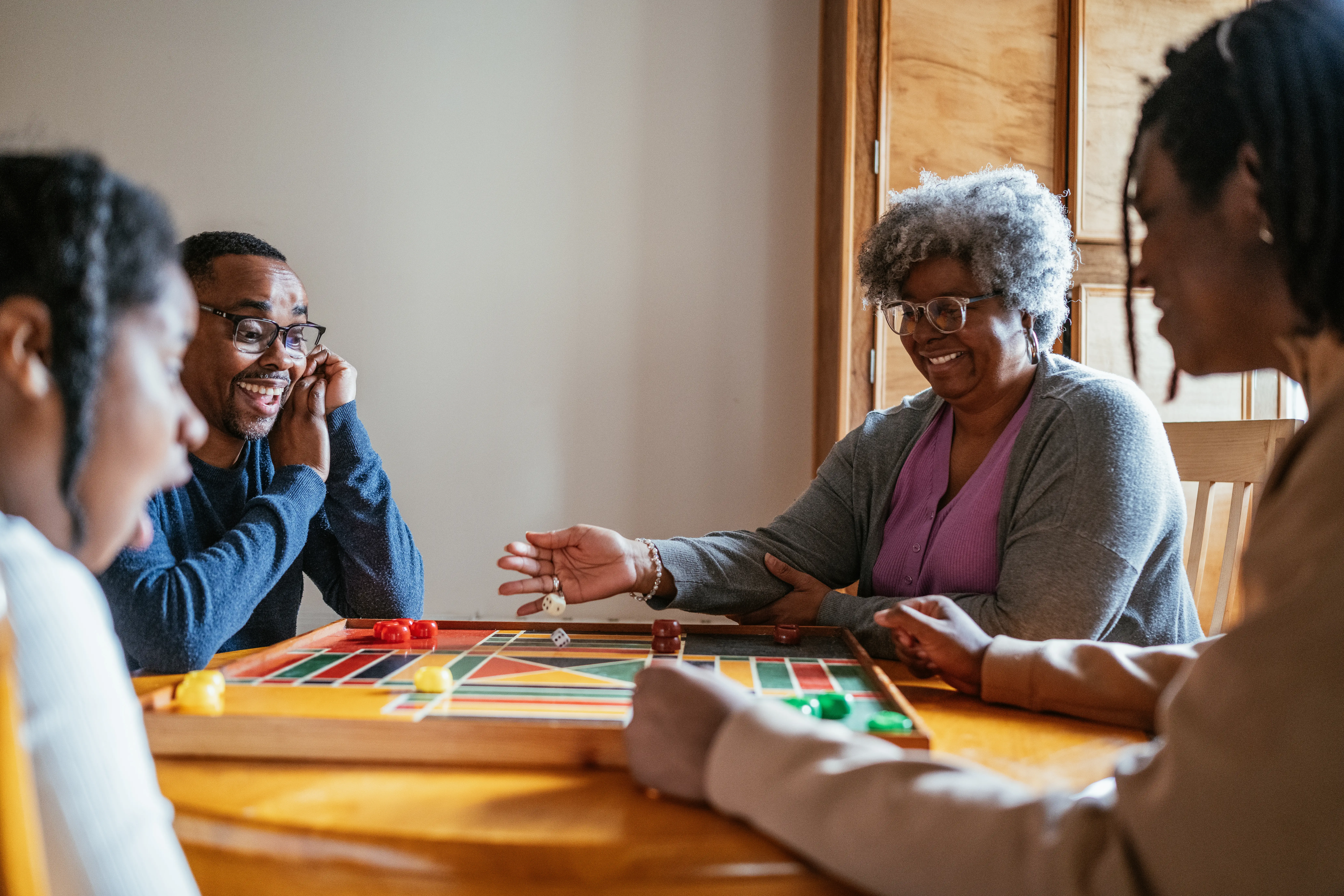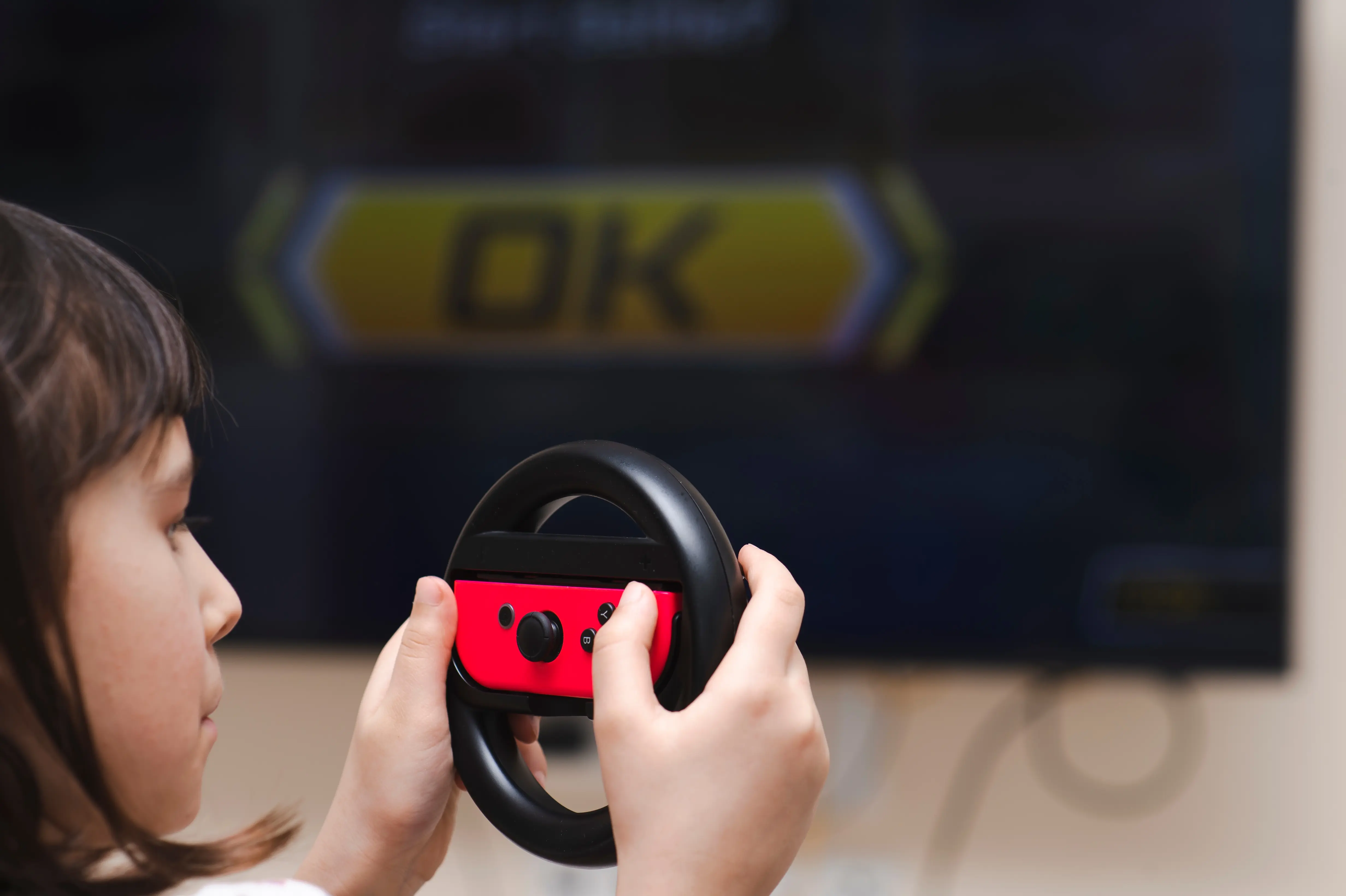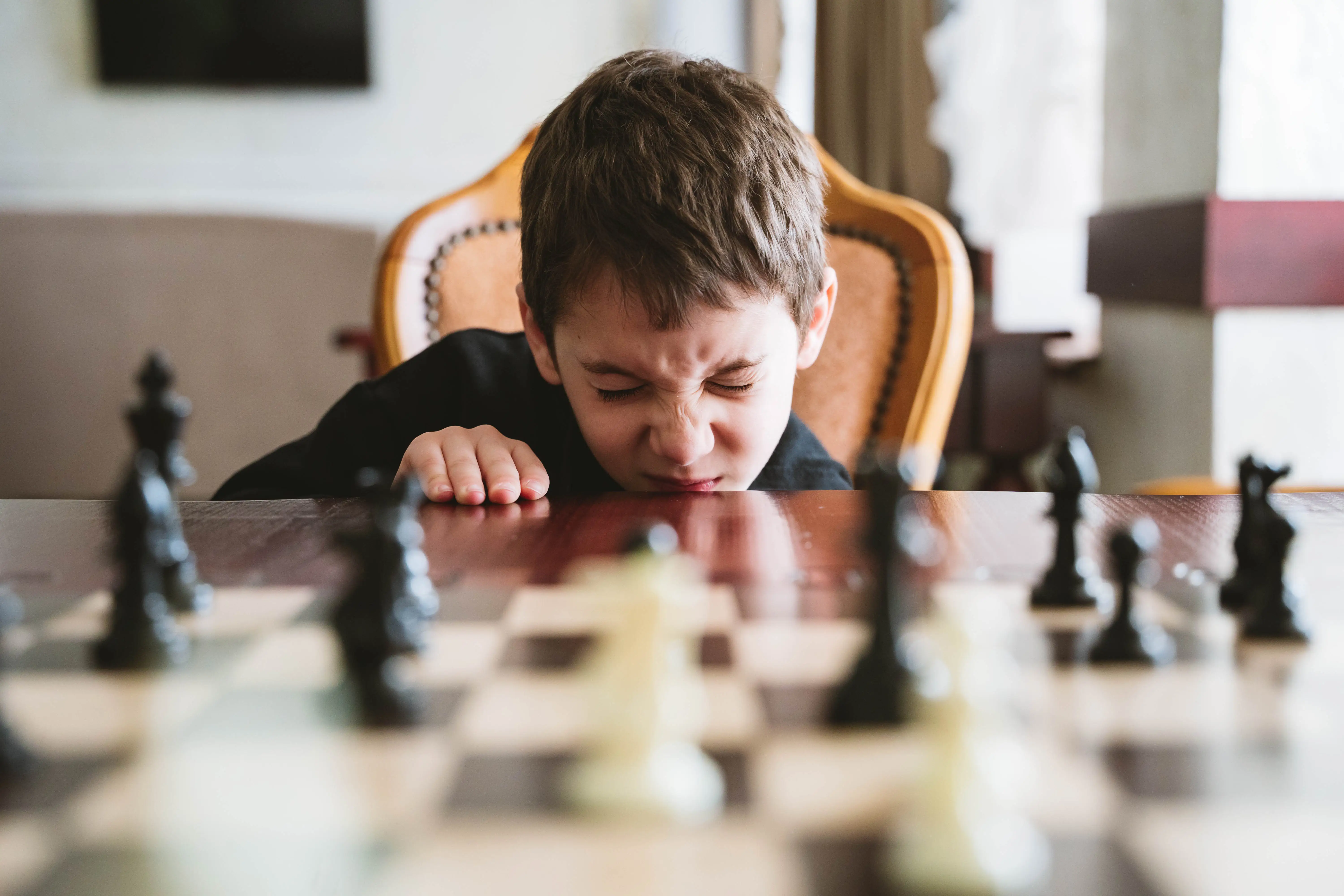
Education
Playing for participation

Are you tempted to just let your kids win on boardgame night? Don’t be. Here are some tips on playing games with the kids this holiday season.
Published 23 December 2024
In late 2021, the nation was gripped in a socio-political controversy not seen for years – how do you play pass-the-parcel?
It was sparked by a now (in)famous Bluey episode, where Lucky’s dad decides that there shouldn’t be a prize for every layer of wrapping, lest we risk “raising a nation of squibs”.
The kids (or pups) – after some initial tears and cash bribes – eventually learn to love Lucky’s dad’s rules.
The episode captured the public’s imagination and childhood memories (or trauma) around winning, losing and playing games.
It generated some intense debates from playground to parties about resilience, just having fun and fairness.
While we support both sets of rules for pass-the-parcel (as different rules may have different goals), it does raise the age-old question – is it OK for kids to lose?

Education
Playing for participation
This can be a sensitive topic. Parents speak passionately in favour or against participation ribbons, and not keeping score in kids sports.
Much like in Netflix’s fictional series Squid Game, losing for children can feel like life or death due to less developed executive function skills.
And sometimes it’s just easier to just let them win, right?
There are a few extremes when it comes to preparing children to face life’s challenges.
From so-called ‘bulldozer’ parents who help their children avoid most of life’s obstacles and bumps, to parents who overexpose their children to stress and hardship to “toughen them up”.
The best way to approach this parenting dilemma is to find a balance between the two.

Practicing losing, and practicing winning (we’ve all seen a too-enthusiastic victory dance), is a key part of learning to regulate our emotions, feelings and behaviour.
Without learning this as children, as adults we may never get invited back to that footy game or the local pickleball league.
Research has found that playing cooperative and competitive video games is a great way for kids to practice winning and losing.
In some team-based games, failure can be much more frequent than victory. Through these losses, the players learn the importance of coordinating their actions and thinking strategically to make progress – both as individuals and as a team.
We call these losses ‘productive failure’, and it actually fosters development of resilience as individuals and as a team.

Education
Game on for collaborative learning
This concept was a key factor when we developed Next Level Collaboration, a neurodivergent-led social enterprise co-founded by two authors of this article.
It uses age-appropriate, commercially developed cooperative video games to help kids learn to win and lose in a neurodiversity-affirming way, through a shared love of gaming.
Related to productive failure is the psychological concept of ‘positive stress’.
We usually experience temporary signs of stress in response to a mild adversity, like after losing a Mario Kart race or a game of Connect 4.
But when experienced in an environment of supportive adults and understanding relationships, the body is able to cope and buffer against this kind of stress event, returning to normal rather quickly.

This helps children to develop a healthy stress response system.
If we never experience loss in the presence of a supportive adult, we will find it hard to do when we get older and in other situations outside of gaming.
But we also need an adult to help us learn to respond and cope with that loss, especially when younger.
This relates to two other important psychological concepts: ‘scaffolding’ – where an adult provides ‘just enough’ challenge to help a child reach the next skill level; and ‘co-regulation’ – where one person helps another to cope with stressful emotions.
Both scaffolding and co-regulation apply not only to infants and children, but also teenagers and – you guessed it – adults.

Arts & Culture
Board gaming to keep the fun in being at home
In the service of more harmonious road trips, holidays and game nights, we have some tips that may help make gaming more enjoyable for all:
Choose games that have both adult and child difficulty levels, or make your own (e.g. combine adult Trivial Pursuit with a kid’s version).
Play games where ‘mastery’ (or at least the ability to be competitive) can be achieved at an early age. Some Nintendo Switch games fit this category, like Mario Party and Mario Kart.
Don’t be afraid to modify or adapt games to level the playing field, foe example, the adults get 10 cards in Uno or play Connect 5 instead.
Celebrate small wins or close calls during games – “I thought you were going to beat me when your blue shell hit me just before the finish line. Almost!”
Explicitly model for your child ways to cope or deal with losses (tell them what you’re doing and why). This could be showing yourself taking deep breaths, noticing what went well, thinking about what you would do next time or asking for a re-match.

Play non-competitively. The joy of Lego spans generations, and you can also explore video games like Minecraft or Animal Crossing that let you build and collaborate with imagination.
Remember, younger children tend to overestimate their abilities in gaming. Take this into account when playing.
OK, you can let your child (just) win… occasionally. This can help them engage with the game and motivate them to keep going in the face of challenges and past losses. But keep in mind children can also be very sensitive to adults ‘letting them win’, casting it as a hollow victory.
Highlight which games (or parts of games) are more skill based, and get better with practice like chess, or Lovers in a Dangerous Spacetime, vs those that are more chance based with little control over the outcome, like Bingo and Monopoly.
Let your child know it’s OK to feel upset when you lose; try to validate, accept and normalise such emotions.
And in the words of another aspirational television parent, Phil Dunphy from Modern Family, when your child eventually gets better than you (and it will happen), make sure you say – "Let’s go two out three?".